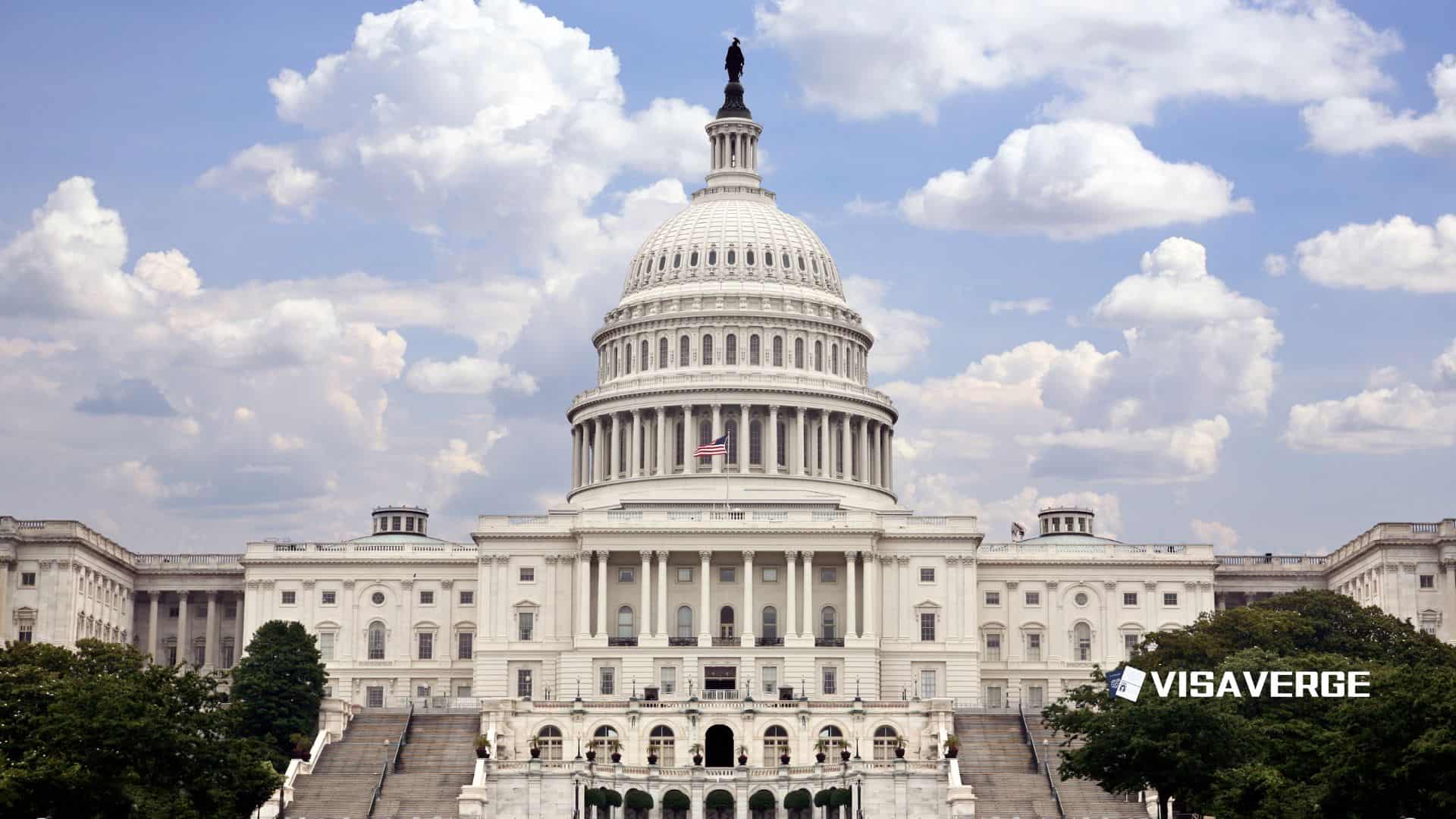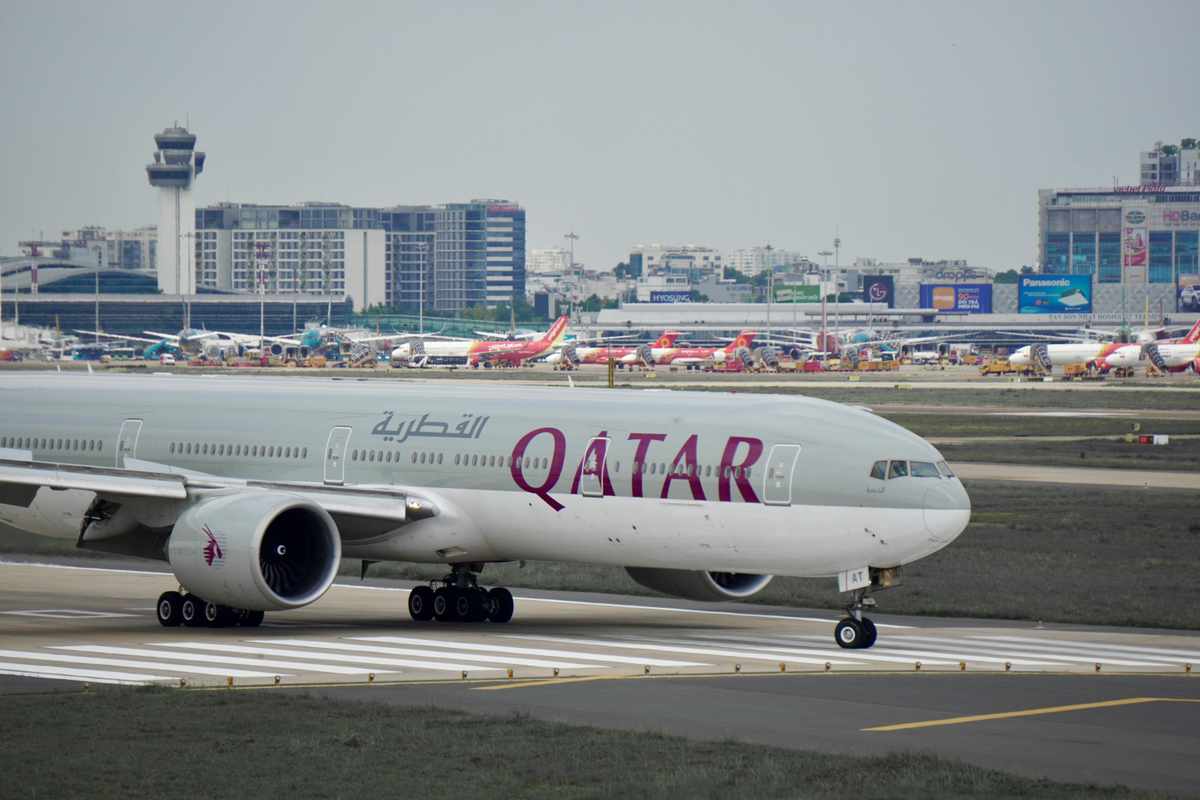Shabana Mahmood’s new asylum and returns plan has triggered a storm inside the Labour government, after she confirmed in early 2025 that refugees granted protection in Britain would receive only a 30‑month temporary protection status and face a stretched route to permanent residency lasting up to 20 years. The policy, which forms the backbone of Labour’s new asylum system, has been condemned by critics as a direct break with the party’s 2024 election promises of a fairer, more compassionate approach.
Temporary protection: shorter grants, repeated reviews

Under the proposals, refugees who reach the United Kingdom and are found to need protection will no longer receive the secure refugee status that campaigners expected from a Labour government. Instead, they will be placed on a short temporary protection grant of two and a half years (30 months).
After each 30‑month grant, beneficiaries must undergo fresh assessments to prove they still qualify. Lawyers and refugee groups warn that these repeated checks will:
- Pile extra pressure on an asylum system already struggling with backlogs.
- Keep people in long‑term uncertainty and repeated bureaucratic review.
- Risk turning protection into a cycle of renewals rather than a settled status.
The new path to permanent residency: up to 20 years and an “earned settlement”
Mahmood’s plan also transforms the path to staying in Britain permanently. Where refugees previously had a clear five‑year route before applying for permanent residency, the new model stretches that timetable to as long as 20 years.
During that period, people will be required to pass an extra earned settlement test, designed to make applicants show that they deserve to remain.
- Critics say this treats refuge as a conditional reward rather than a right based on danger and need.
- Details of the earned settlement requirement are still emerging.
- Refugee advocates fear minor problems with work, housing or paperwork could be used to deny a stable future.
According to analysis by VisaVerge.com, the approach creates what some lawyers call a “permanent probation” for refugees, locking them into years of insecurity while officials repeatedly review their lives.
Family reunion rules tightened
Mahmood’s changes do not stop at the length of status. The plan tightens family reunion rules, with substantial cuts to the rights of recognised refugees to bring close relatives to safety in the UK.
- Campaigners say this will leave more spouses and children stranded in conflict zones or unsafe camps.
- Human rights organisations argue that families are being used as tools in a political contest over who can appear toughest on migration.
Wider migration policy shifts: impact on labour markets and routes out of asylum
The tougher stance extends to wider migration policy. Since mid‑2025, Labour has:
- Closed the Skilled Worker route for social care and other middle‑skilled jobs.
- Raised both salary and skills thresholds.
Unions and employers warn these steps will deepen staff shortages in care homes and similar services. The government insists that reducing net migration is a priority.
For refugees who might once have moved from asylum into work visas, the closure of this route removes another possible escape from years on temporary protection.
Enforcement and removals: increased capacity and new agreements
At the same time, Mahmood’s government has chosen to keep and even expand enforcement measures.
- Officials boast of increased detention capacity and new return agreements with countries including Iraq and France.
- These deals are presented as proof the system will now remove more people who have no right to stay.
Opponents respond that the focus on deportation risks pushing vulnerable refugees into detention or forced returns, rather than giving them the stable permanent residency they expected when Labour won office.
Political divisions within Labour and the public narrative
Supporters of the Home Secretary argue in private that the measures are necessary to:
- Show control over borders.
- Answer voters who feel the previous system was too soft.
But many within Labour’s own ranks see a different picture, accusing Mahmood of copying the language and priorities of the far right. They point to speeches stressing rapid removals and strict controls, saying these themes foster a hostile climate for migrants that jars with Labour’s tradition of offering sanctuary.
“Short temporary protection periods, stretched permanent residency routes and extra earned settlement hurdles will not fix the asylum backlog,” say human rights groups. “They will keep thousands trapped in the system for longer.”
Practical impacts on the asylum system and refugees
Human rights groups and campaigners argue that:
- Every 30‑month grant will require another full review, creating repeated workload for caseworkers.
- Caseworkers could spend years reassessing the same people rather than finally deciding their futures.
- This means more delay for everyone who seeks safety.
The plan also appears to abandon earlier Labour promises to build up safe and legal routes for those fleeing war and persecution. Before the election, party leaders spoke about expanding resettlement schemes and family reunion programmes so fewer people would risk dangerous journeys. Since taking office, the emphasis has shifted towards stricter rules and longer waits, with little sign of the extra safe routes that were once promised.
Campaigners say this gap between words and actions is at the heart of the current anger.
Human impact: fear, insecurity and the next generation
Refugees themselves are rarely heard in the official documents, but aid workers report growing fear among people already in the UK who thought they were on a short path to safety.
Many now face the reality of spending much of their adult lives reapplying for status, with each decision carrying the risk of removal. For children growing up under these rules, the idea of home may be shaped by:
- Repeated interviews
- Lawyers’ letters
- The constant worry that a parent could one day be told to leave
Official guidance and the policy crossroads ahead
Official guidance on how to claim asylum in the UK is still available on the government’s website at https://www.gov.uk/claim-asylum, but critics say that information now sits uneasily beside Labour’s new approach.
They argue that a country once known for offering refuge is moving towards a system built on:
- Control
- Strict conditions
- Prolonged insecurity
Whether Mahmood adjusts the plan in response to the backlash, or presses ahead with the 20‑year permanent residency track and earned settlement rules, will shape the lives of refugees in Britain for decades ahead.
Mahmood’s 2025 asylum plan replaces secure refugee grants with 30‑month temporary protection and repeated reviews. It extends the path to permanent residency from five to potentially 20 years and adds an earned settlement requirement. The plan tightens family reunion rules, closes certain labour routes for middle‑skilled jobs, and expands detention and return agreements. Critics argue these measures create prolonged uncertainty, increase caseworker workloads, and break campaign promises to expand safe, legal routes.







